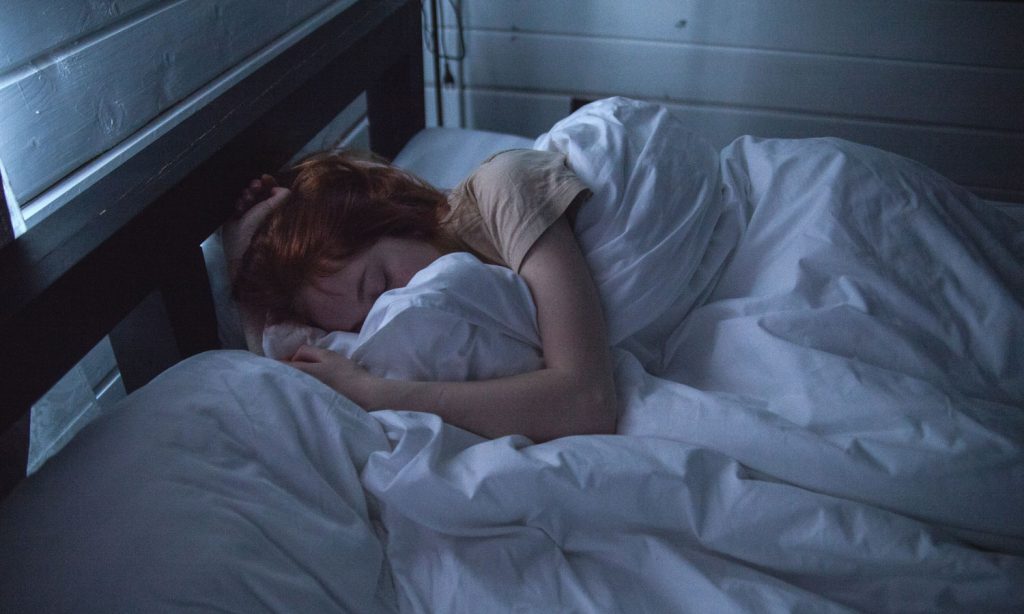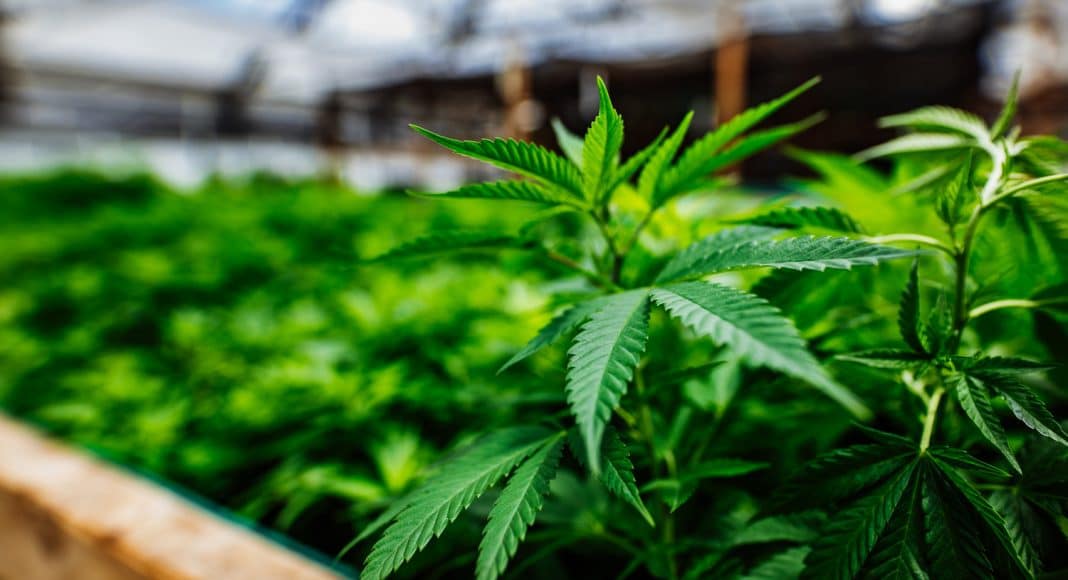Though doctors and the pharmaceutical industry continue to stand behind traditional sleep aids, the marijuana industry is already marketing products designed to help get a good night’s rest.
Half of Americans suffer from some degree of insufficient sleep, from missing a few occasional hours, to debilitating insomnia and other sleep disorders. It’s little wonder many cannabis consumers, both medical and recreational, cite insomnia or other conditions can lead to loss of sleep, like anxiety or stress, as primary reasons for their cannabis use.
A recent study from the University of New Mexico found a connection between access to marijuana and a decrease in sales of over-the-counter (OTC) sleep aids, concluding that legal weed would have a significant impact in the billion dollar OTC market.
RELATED: How Does Marijuana Affect My Sleep And Dreams?
The UNM study looked at sales data for OTC medication in select Colorado counties and found a correlation between demand for sleep aids and cannabis access, measuring UPC-level data and number of dispensaries among other metrics. Drug store staples diphenhydramine — the active ingredient in Benadryl, and doxylamine, sold under the brand name Unisom — were most affected. These drugs are primarily antihistamines that can cause drowsiness with low levels of efficacy in treating sleeplessness.

Indica Works For Sleep
Though doctors and the pharmaceutical industry continue to stand behind traditional sleep medications, presumably until the connection between cannabis and sleep is further investigated, the marijuana industry is already marketing products designed to promote better sleep habits. These include indica strains, which have long been considered particularly effective at inducing sleep and providing a sense of calm and wellbeing.
RELATED: How Using Marijuana Can Effect Your Sleep Patterns
The study did not conclude that cannabis is more effective in treating disturbances however, merely that consumers preferred marijuana over traditional OTC alternatives. Researchers further urged that investigations into both the efficacy and the side-effects of cannabis compared to over-the-counter treatments is needed right away, so as to better treat sleeplessness while minimizing any potential harmful side effects.
Despite marijuana’s popular use as a sleeping aid, sleep-related illnesses are not specifically listed as a qualifying medical condition covered by state medicinal use laws, the researchers further noted.


